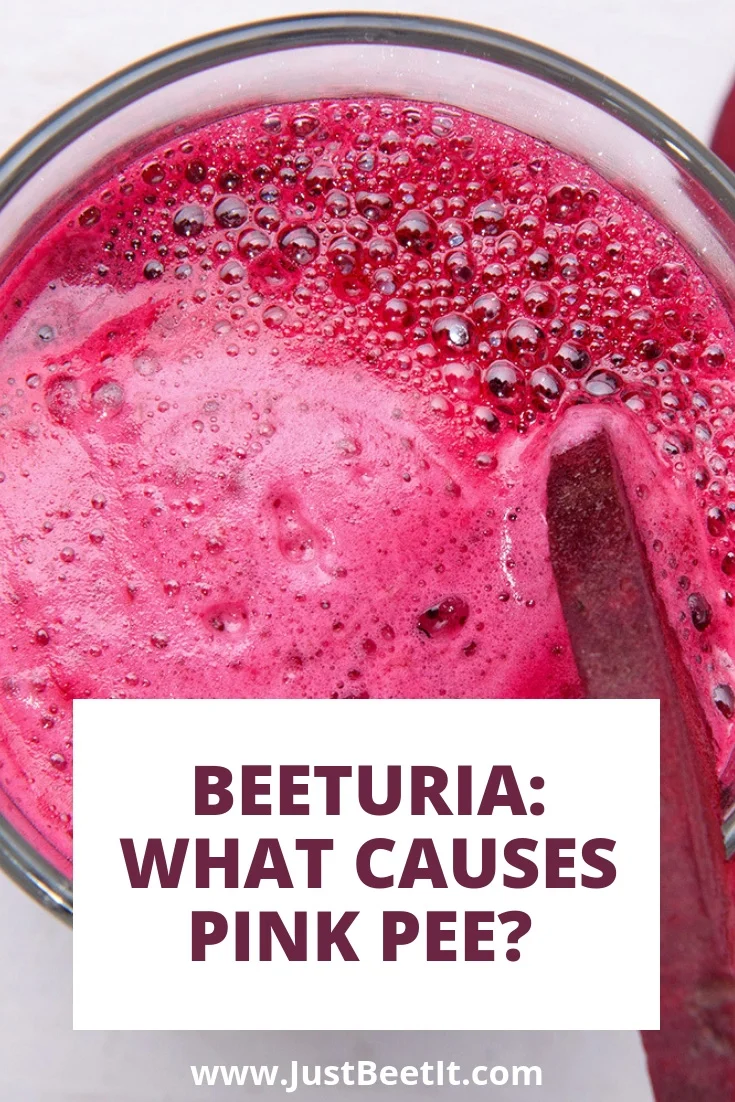Does Drinking Beet Juice Make Your Urine Red? Discover the Facts
Have you ever wondered why beet juice might turn your urine red? This is a common question. Many people drink beet juice for its health benefits. But they are surprised when their urine changes color.
In this article, we will explore why this happens. We will also look at the health effects of drinking beet juice. Let’s find out more about this interesting topic.
Table of Contents
What Causes the Color Change?
Beet juice contains natural pigments. These pigments are called betalains. Betalains give beets their red color. When you eat or drink beets, your body processes these pigments.
Not all of the pigments are broken down. Some of them pass through your digestive system. They then leave your body in your urine. This can turn your urine red or pink.
Is It Normal?
Yes, it is normal. The red color in your urine is not harmful. It is just the pigments from the beets. Your body is simply getting rid of what it doesn’t need.
However, not everyone will see this color change. Some people’s bodies break down the pigments better. Others do not. This is why some people notice red urine while others do not.
How Long Does It Last?
The color change is usually temporary. It often lasts for a few hours. In some cases, it may last up to 24 hours. If you drink a lot of beet juice, it may last longer.
Once your body has processed the pigments, your urine will return to its normal color.
Should You Be Worried?
In most cases, there is no need to worry. The red color is just from the beet juice. It does not mean there is anything wrong with your health.
However, if you notice other symptoms, you should see a doctor. These symptoms might include pain, discomfort, or changes in your bowel movements. They might be signs of other health issues.

Credit: www.justbeetit.com
Health Benefits of Beet Juice
Beet juice has many health benefits. It is rich in vitamins and minerals. It also has antioxidants. These can help protect your body from damage.
Here are some benefits of drinking beet juice:
- Improves blood flow
- Boosts stamina
- Supports liver health
- Helps lower blood pressure
Beet juice can be a healthy addition to your diet. But remember to drink it in moderation.

Credit: www.instagram.com
How to Make Beet Juice
Making beet juice at home is easy. You only need a few ingredients. Here is a simple recipe:
Ingredients:
- 2 medium-sized beets
- 1 apple (optional)
- 1 carrot (optional)
- 1 cup of water
Instructions:
- Wash the beets, apple, and carrot.
- Peel the beets and carrot.
- Chop the beets, apple, and carrot into small pieces.
- Place the pieces in a blender.
- Add the cup of water.
- Blend until smooth.
- Strain the juice using a fine mesh sieve or cheesecloth.
- Pour the juice into a glass and enjoy!
This recipe makes a delicious and healthy drink. You can adjust the ingredients to suit your taste.
Other Foods That Can Change Urine Color
Beet juice is not the only food that can change urine color. Other foods can also have this effect. Here are a few examples:
- Carrots: Can turn urine orange.
- Blackberries: Can make urine pink or red.
- Rhubarb: Can cause a red or brown tint.
- Asparagus: Can give urine a greenish color and a strong smell.
These changes are usually harmless. They are just the result of natural pigments in the food.
Frequently Asked Questions
Does Beet Juice Turn Urine Red?
Yes, beet juice can turn urine red. It’s called beeturia.
How Long Does Beeturia Last?
Beeturia usually lasts 24 to 48 hours.
Is Red Urine From Beet Juice Harmful?
No, red urine from beet juice is not harmful.
Why Does Beet Juice Change Urine Color?
Beet juice contains pigments called betalains. They can color urine.
Conclusion
Drinking beet juice can make your urine red. This is due to the natural pigments in beets. The color change is normal and not harmful. It usually lasts for a short time.
Beet juice has many health benefits. It is a good source of vitamins, minerals, and antioxidants. You can make beet juice at home with simple ingredients.
Remember, other foods can also change the color of your urine. These changes are usually temporary and harmless.
If you have any concerns, it is always best to talk to a doctor. They can help you understand if there is a need for further examination.
We hope you found this article helpful. Thank you for reading!
